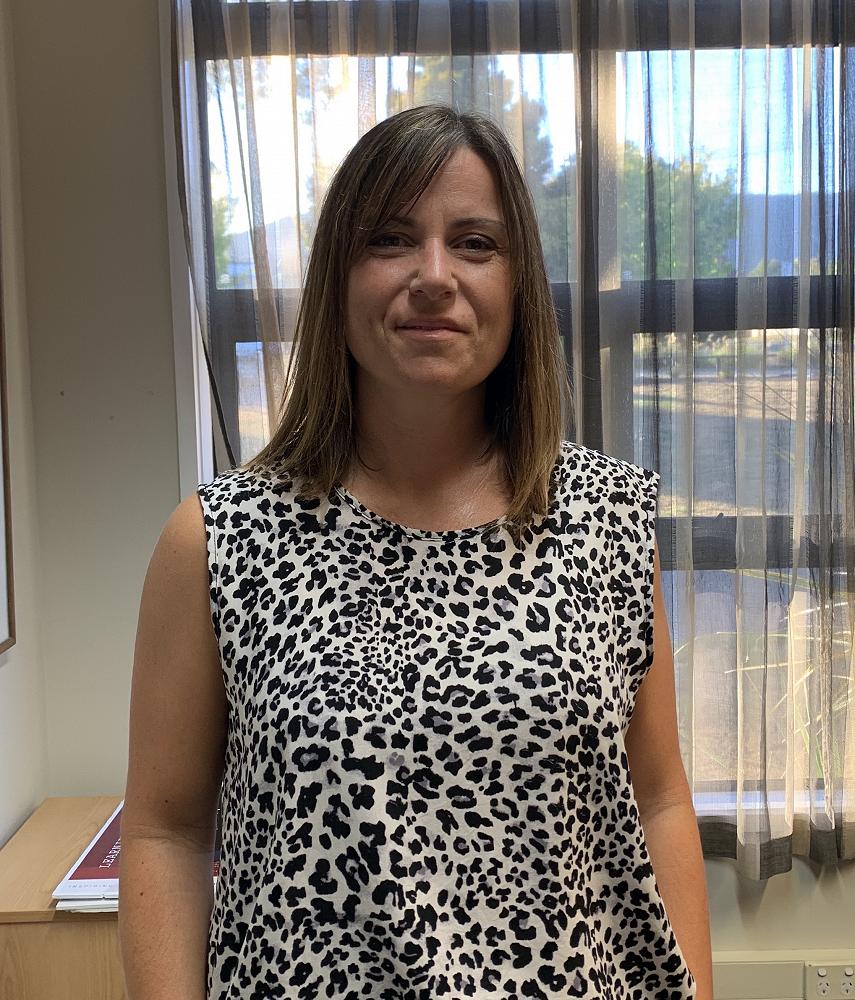
Our newest Deputy Principal
Busy getting her head into her new role, Deputy Principal Hannah Cameron has been making sure that all aspects of Nayland College are running smoothly. Already a month down, she looks forward to a dynamic year.
Ms Cameron has been at Nayland for six years teaching psychology. Of those years, four were also spent as a dean. She's found the troubleshooting and problem-solving features of both dean work and her current role very similar.
She finds that her knowledge of psychology has also transferred over. She has found it valuable to know about "Psychological theories, intrinsic and extrinsic motivators, and just being able to connect with people, finding out their backgrounds, how it's made them who they are and influenced their attitudes towards school," she said. "I probably end up using bits of psychology every day, whether I realise it or not."
Ms Cameron has two kids, her son in Broadgreen and her daughter, Rosie, a Year Nine student here at Nayland College. "I thought by the time she got to Year Nine she'd be a bit too cool to have me around, but she hasn't seemed to have gotten there yet," she laughed. "She's quite okay with me running up to her in the driveway and giving her a big, embarrassing hug."
Mrs Cameron not only finds it lovely to see her daughter around school, but also thinks that hearing Rosie's concerns gives her a different perspective and some valuable insight into the needs of the students here.
"Down to the little things, the day-to-day anxieties of starting a new school," she said. "You have a good sense of them being a teacher who works with Year Nine students, but when it's your own daughter worried or stressing in the morning, or not sure what to wear for House Day, those things that it could be easy to minimise take on a bigger emphasis."
Going forward, Ms Cameron intends to further engage and support each and every student and their individual needs. She'd like to see the approach to student learning shift to a more self-directed one, where students are aware of what is expected of them and take ownership of guiding their own learning and oversee their own projects.
She'd also like a more integrated student wellbeing focus into the everyday curriculum. "Students come from a pretty diverse set of backgrounds, and some students are dealing with some incredibly big issues," she said. "Even coming from a lovely caring home with all the resources you need, being a teenager today in this world is a really challenging time, and the neuroscientific research shows us that if the emotional side of the brain is not well looked after, the cognitive side cannot function as well as it should."
